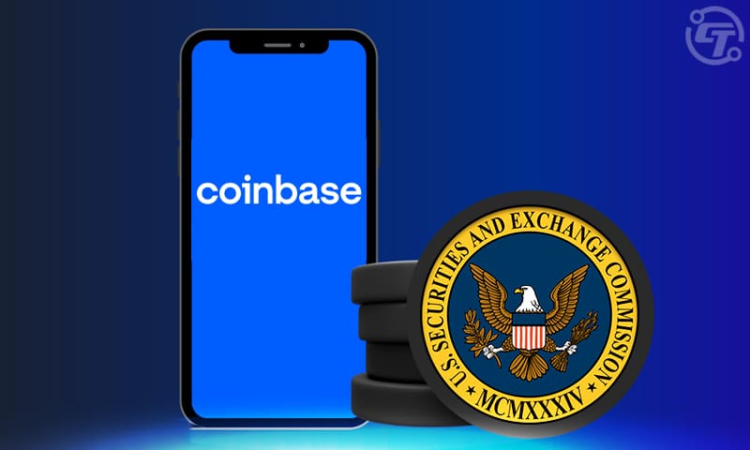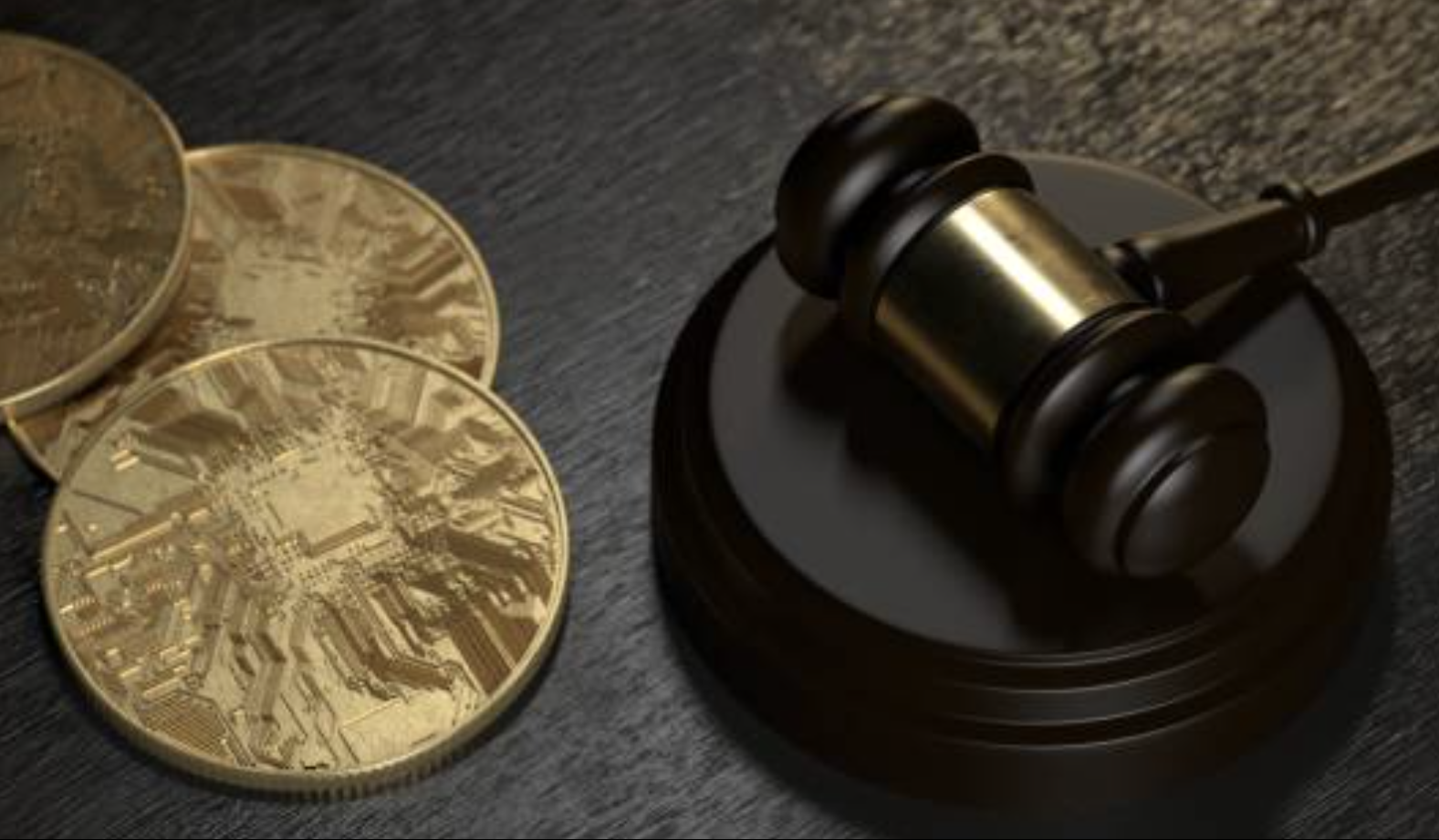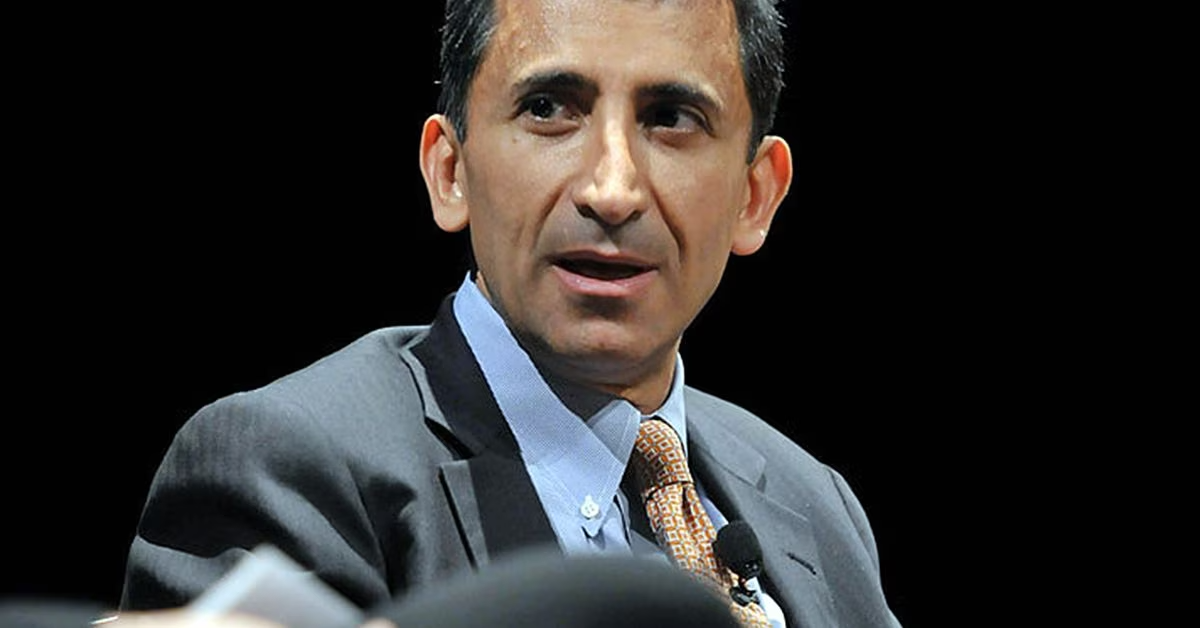Exploring Perspectives on Cryptocurrency’s Existence in the US and Unveiling Coinbase’s Legal Strategy

Join Our Telegram channel to stay up to date on breaking news coverage
Earlier today, a gathering of lawyers and journalists convened in a conference room high above Manhattan’s bustling streets. The purpose of this meeting was to provide a preview of an impending legal clash between the U.S. Securities and Exchange Commission (SEC) and the popular cryptocurrency exchange, Coinbase.
Lawyers and Journalists Gather as SEC Takes on Coinbase
The discussion ventured beyond mere legal formalities and delved into matters of principle and theory. One pressing question that arose was whether cryptocurrency should be permitted to exist within the United States.
Coinbase, the renowned crypto exchange, is currently facing a lawsuit filed by the SEC on the grounds of alleged violations of federal securities law. In a conversation with Nikhilesh De, Managing Editor of CoinDesk Global Policy and Regulation, Paul Grewal, Coinbase’s Chief Legal Officer, discusses the exchange’s response to the charges and outlines their legal strategy.
Crypto-Regulatory Dialogue Measures Perspectives on Cryptocurrency’s Existence in the US
Ultimately, the forum highlighted the overarching challenge in the dialogue between crypto and regulatory bodies: the frequent occurrence of both sides seemingly talking past each other.
Gurbir S. Grewal, the Director of Enforcement at the SEC, provided insight into the reasoning behind the SEC’s legal action against Coinbase during a conversation with Yuliya Guseva, a law professor at Rutgers.
According to Grewal, the lawsuit against Coinbase was a logical outcome resulting from a sequence of explicit warnings communicated over the past five years, with the initial cautionary signal being the 2017 DAO report.
Grewal pointed out, in any other sector, if you make incremental progress, you would witness improved compliance. However, in the crypto industry, we have not observed such progress, which compelled us to alter our strategy.

Essentially, according to Grewal, Coinbase was sued by the SEC because they failed to heed earlier cautionary signals. Grewal also shed light on the decision to target exchanges like Coinbase and Binance rather than pursuing individual enforcement actions against token issuers who violated regulations.
Due to the SEC’s relatively small workforce of fewer than 1,300 individuals, Grewal emphasized the importance of making strategic decisions when prioritizing cases to pursue. The SEC faces the challenge of not being able to be physically present in all places at once.
Moreover, Grewal provided insights into the challenges posed by regulating decentralized exchanges (DEXs). He noted, “I have observed entrepreneurs and individuals at the centre of all these supposedly decentralized projects.
While it may present a challenge one day, we consistently find entrepreneurs at the heart of such endeavours.” In other words, simply claiming decentralization is not a valid defence, as emphasized by Gary Gensler at the beginning of his tenure as SEC chairman.
Grewal made an important statement that served as a warning to crypto influencers. He emphasized the SEC’s watchfulness in identifying any attempts to take advantage of minority groups. Grewal expressed his strong disapproval of promoting cryptocurrency to marginalized individuals by promising them financial inclusion. He considered this behaviour to be one of the most severe cases his agency has come across.
Chief Legal Officer Discusses Response to Lawsuit and Legal Strategy
Following Grewal’s discussion, Coinbase’s Chief Policy Officer, Faryar Shirzad, expressed concerns that the SEC’s actions may hinder an ongoing legislative process, echoing Coinbase’s legal filings.
“The normal dynamic in Washington [D.C.] is that when the constitutional branches of government are [acting], typically regulators will step back and let the political branches figure it out,” said Shirzad. “It’s not typical that you’ll see congressional action moving in earnest, and not just a government department, but a regulatory agency, rush in to redefine facts on the ground to get ahead of that. I don’t know if that’s happening here… but if that were happening, it would be unusual.”

“I don’t know whether there’s a dimension of legislative strategy to this,” he further added. “And there’s the chairman saying we don’t need more digital innovation, so there may be some of that.”
This discussion touches upon the crux of the matter. While the SEC emphasizes its commitment to enforcing the law, the industry struggles to make a compelling case that existing laws are ill-suited for many blockchain-based digital assets. Shirzad further argued that solely relying on current legislation for crypto regulation could harm U.S. competitiveness and hinder innovation.
Citing ongoing blockchain pilot projects by major entities like JPMorgan, he emphasized the significance of blockchain as the value layer of the internet and its implications. Moreover, Shirzad highlighted that the SEC’s approach might contradict its goal of protecting investors.
He stressed that pushing exchanges offshore would remove the connection between policy and U.S. law from within the country, which is a substantial matter requiring national strategy.
If there’s one prominent takeaway from this preliminary exchange, it is the divergence in battlegrounds between the opposing sides. While the SEC’s focus lies in strictly interpreting and adhering to the law as written, Coinbase’s concerns revolve around shaping an unwritten future.
Related News
Wall Street Memes – Next Big Crypto
- Early Access Presale Live Now
- Established Community of Stocks & Crypto Traders
- Featured on BeInCrypto, Bitcoinist, Yahoo Finance
- Rated Best Crypto to Buy Now In Meme Coin Sector
- Team Behind OpenSea NFT Collection – Wall St Bulls
- Tweets Replied to by Elon Musk
Join Our Telegram channel to stay up to date on breaking news coverage






